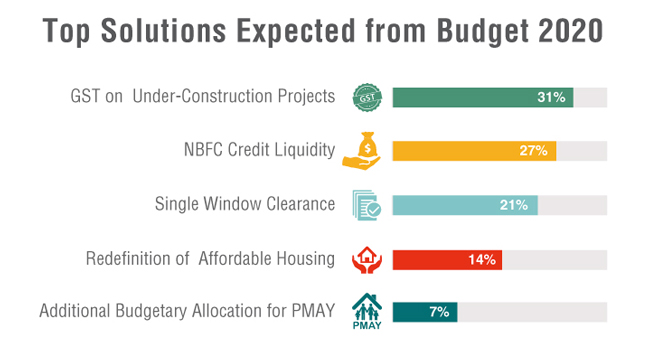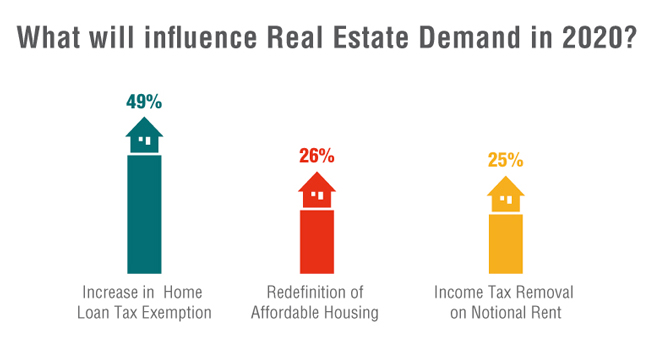Rent Receipts & Its Benefits:
A rent receipt is a record of the transaction of rent paid by a tenant to his/her landlord. A rent receipt is provided by the landlord upon collecting the rent from the tenant. It can be used for legal matters or tax benefits if you are eligible.
To claim House Rent Allowance (HRA), you are asked to submit important documents like rent receipts, rent agreement to your employer before the end of the financial year. If the amount of rent exceeds Rs 1 lakh/annum, the PAN No of the landlord is also required.
Are rent receipts required for every month?
It is not mandatory to submit rent receipts every month, but one must do it on a quarterly, half-yearly or annual basis.
Rent Receipts Sample:
What are the important points to note about the rent receipts?
Important points to note about the rent receipts:
The rent receipts for all the months for which you are claiming HRA is required to be submitted.
A revenue stamp is required to be affixed on rent receipts if cash payment is more than Rs. 5000/receipt. If rent is paid through cheque then revenue stamp is not needed.
If the annual rent paid exceeds Rs.1,00,000/year, it is compulsory to report PAN No of the landlord to claim HRA exemption. If the landlord refuses to give his/her PAN No, then you can’t claim HRA for the rent paid and your employer will deduct the TDS accordingly.
What is HRA?
House Rent Allowance (HRA) is a part of the salary given by an employer to his employee for his rented accommodation. HRA exemption can be claimed only if the employee is living in a rented house.
What are the necessary documents required to claim HRA?
To claim HRA, you are asked to submit important documents like rent receipts, rent agreement to your employer before the end of the financial year. If the amount of rent exceeds Rs 1 lakh/annum, the PAN No of the landlord is also required. This will help you get exemption in your form-16 and you can avoid further troubles during your Income-tax return filing.
Why rent receipts are required by a salaried person?
This will help them get exemption in their form-16 and they can avoid further difficulties during their Income-tax return filing. In another word, a salaried person uses rent receipts to claim House Rent Allowance (HRA) benefits in total taxable salary.
Why do I need to take a rent receipt from my house owner?
It is an important document used as evidence of the transfer of rent to the house owner.
What are the necessary elements of a rent receipt?
- Date of Payment
- Rental Period
- Tenant Name
- Landlord Name
- House Address (for which you are paying rent)
- Signature of Landlord
- PAN No of the Landlord (if annual rent exceeds Rs.1,00,000 in a year)
- Revenue Stamp (if amount paid in cash more than Rs 5,000)
Is rent receipt mandatory for claiming HRA?
Yes, the rent receipt is a mandatory document to claim HRA. If an employee receives HRA in excess of Rs. 3000/month, it is necessary to present rent receipts to the employer for claiming HRA. Even if your HRA is less than Rs. 3000/month, try to keep rent receipts with you in case the officer asks for them at a later date.
Why should I need to submit rent receipts to the HR Department?
As per the Income Tax rule of India, every person who pays salary is required to deduct tax at source(TDS), deposit with the government and then pay the remaining amount to the employee. During this process, if any employee makes a tax saving investment then the person liable for deducting tax. He has to consider and give the benefit of that investment and then deduct the tax on the net amount.
Usually, it has been seen that people present fake rent receipts, even when they are not living in rented accommodation. So, to counter this, HR departments have begun asking for rent agreements for giving HRA benefits.
Is there any last date fixed for submitting rent proof to the employer?
Normally, every employer has its own last date or deadline by which all investment proofs documents must be submitted. Extra TDS will be deducted from your take-home salary if you miss the deadline. However, you can claim the extra TDS deduction directly from your income tax return.
Who can claim HRA exemption?
If you meet the following conditions, you can claim HRA tax exemption:
- You should be a salaried person.
- You must accept HRA as a part of your salary package/CTC.
- You should live in rented accommodation.
Can I claim both home loan deduction and HRA?
Yes, If you are a homeowner and you are paying back your home loan, you can claim HRA if you live in a rented property. You are allowed to get both the benefits to reduce your taxable income.
What are the important points to check in your Rent Agreement?
Important points to check in your rental agreement are:-
Rent agreement should be on Rs 500 stamp paper or as per the stamp rate prevailing in your state.
It can be registered for 11 months only. For more than 12 months, the rent agreement is not registered instead lease deed is to be favored which requires registration.
Every year, the rent agreement is renewed after 11 months with the revised rent.
Both landlord and tenant are required to follow the notice period as mentioned in the agreement.
How payments of rent help us in saving tax?
There can be three circumstances when you are paying rent for your rented accommodation:-
- When HRA is a part of your CTC & you submit the rent payment proof to your HR
- When HRA is a part of your CTC & you forget to submit the rent payment proof to your HR
- When HRA is not a part of your CTC
What to do when your landlord refuses to give his/her PAN No?
Landlord’s PAN is compulsory if the paid rent is more than Rs 1 lakh annually or Rs 8,300 monthly. If the landlord does not have PAN No, he has to give a declaration for the same.
If the total rent paid exceeds Rs 1 lakh annually, it is necessary to quote the landlord’s PAN No to claim an exemption. However, if your landlord refuses to give his PAN No, you can’t claim HRA and finally, your employer will deduct the TDS, accordingly.
Can I pay rent to my parents and claim HRA?
Yes, you can claim the HRA exemption by paying rent to your parents. But it is always advisable to have a rent agreement. You would need rent receipts to claim HRA exemption. Also, your parents need to show rental income from you in their income tax return.
Can HRA be claimed for paying rent for 2 houses?
This could only be possible when you live in both the houses in a specific year for proportionate months.
Can you claim the HRA deduction of a non-salary component?
Section 80GG enables taxpayers to claim a deduction in case you are not in receipt of HRA but still paying rent. A deduction is allowed in the following situation:
Rent paid minus 10% of adjusted total income
25% of the adjusted total income
Rs 2,000/month
Can HRA be claimed by both wife and husband?
Yes, because both are paying rent. But it will be better if your landlord issues two separate rent receipts or defines the proportion of rent paid by each person on the rent receipt.
Can I claim both HRA and a home loan?
If you have bought a house with the help of a home loan and live in another house on rent, you can claim tax benefit for both. But if the house you bought and the house you live in is in the same city and you should have a valid reason for not living in the house that you have, to prove to Income Tax Officer. The reason could be that the house you own is too far from your workplace, or traveling is very difficult during pick hours.
Can HRA be claimed if I own a house?
No, you can’t enjoy the tax benefits of HRA if you live in your own house.
What happens when I stay in a rented home for only a few months?
Yes, you can only claim the HRA exemption for the months you paid rent for.
I am planning to change my job this year. Can I share my old rent receipts with the new company?
In case your current employer allows HRA exemption from a previous job’s income, you might have to submit your old rent receipts. It is necessary to reveal the salary from your previous employment to your current employer in Form 12B.
Image source: Pinterest








